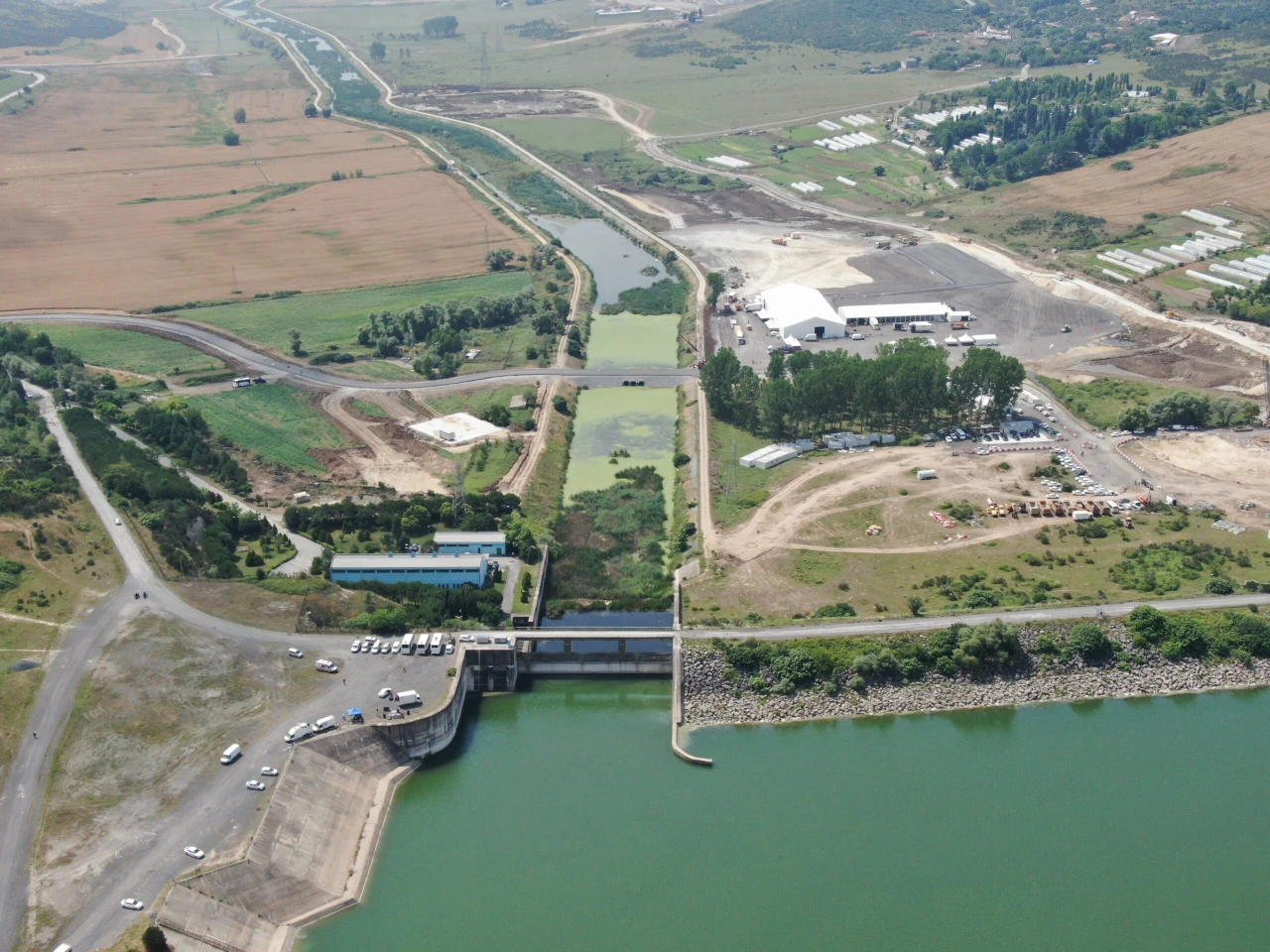US confirms airstrikes in Yemen capital Sanaa targeting Houthi missile facilities
 Smoke billows from the site of an Israeli airstrike that targeted a power station in the Houthi-run Yemeni capital Sanaa on December 19, 2024. (AFP Photo)
Smoke billows from the site of an Israeli airstrike that targeted a power station in the Houthi-run Yemeni capital Sanaa on December 19, 2024. (AFP Photo)
The Houthi group announced late Saturday that a coalition led by the United States and the United Kingdom launched an aerial assault targeting the Yemeni capital of Sanaa.
According to the Houthi-affiliated Al-Masirah channel, the strikes focused on the Attan area in Sanaa, though no details were provided about the impact or specific targets. Officials from the U.S. and UK have yet to comment on the incident.
The alleged assault follows escalating hostilities in the region, including a series of Israeli airstrikes. On Thursday, the Houthis reported that Sanaa and areas in Al Hudaydah, including its strategic port, were struck 16 times by Israeli forces.
In retaliation, the Houthi group launched a ballistic missile toward the Tel Aviv region early Saturday. The attack reportedly caused 20 minor injuries and damage to dozens of apartments, according to Israeli newspaper Haaretz. The Houthis framed the missile strike as part of their ongoing solidarity with Gaza, which has been under an Israeli offensive since October 7, 2023.
The Houthis have also targeted Israeli or Israel-affiliated cargo ships in the Red Sea using drones and missiles, vowing to continue their actions until the assault on Gaza ceases.
Since the beginning of 2024, the United States has led a coalition conducting airstrikes on Houthi-held locations in Yemen, citing the need to counter attacks by the group in the Red Sea. These operations have occasionally been met with retaliation, contributing to growing regional tensions.
On Saturday, the United States confirmed strikes on Houthi targets in Sanaa, which it said included a missile storage center and a “command-and-control facility,” according to the U.S. Central Command (CENTCOM). During the operation, U.S. forces intercepted multiple Houthi drones and an anti-ship cruise missile over the Red Sea.
The Houthis, reacting to what they describe as a Western escalation, announced they now consider all American and British vessels as military targets. The declaration has raised concerns over potential disruptions to international shipping routes in the Red Sea, a critical artery for global trade.



